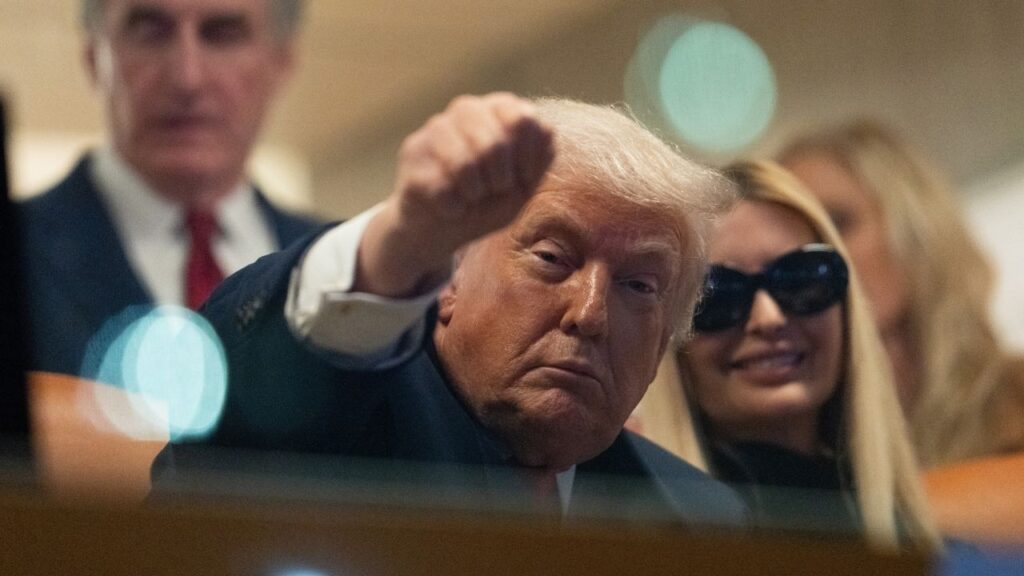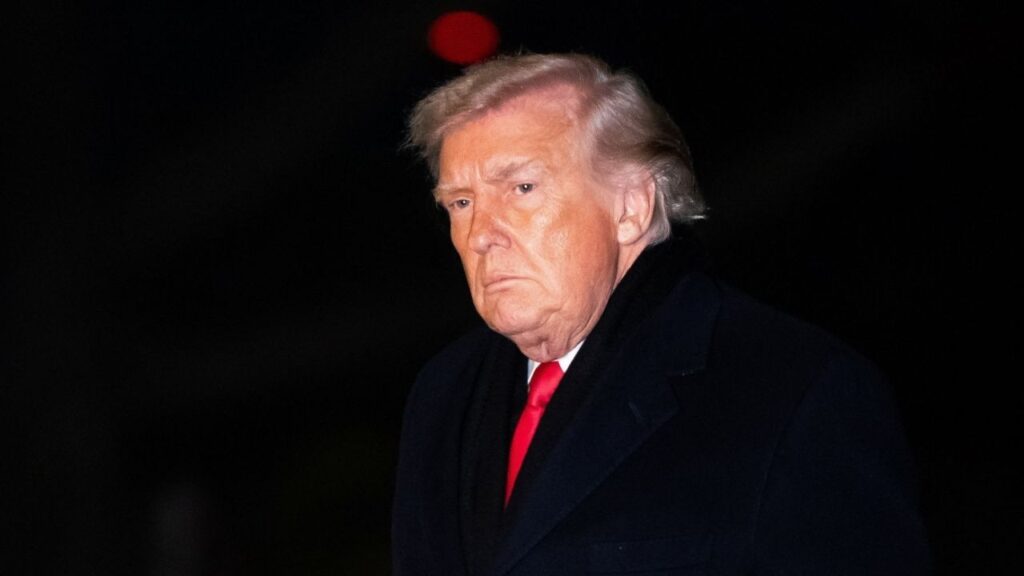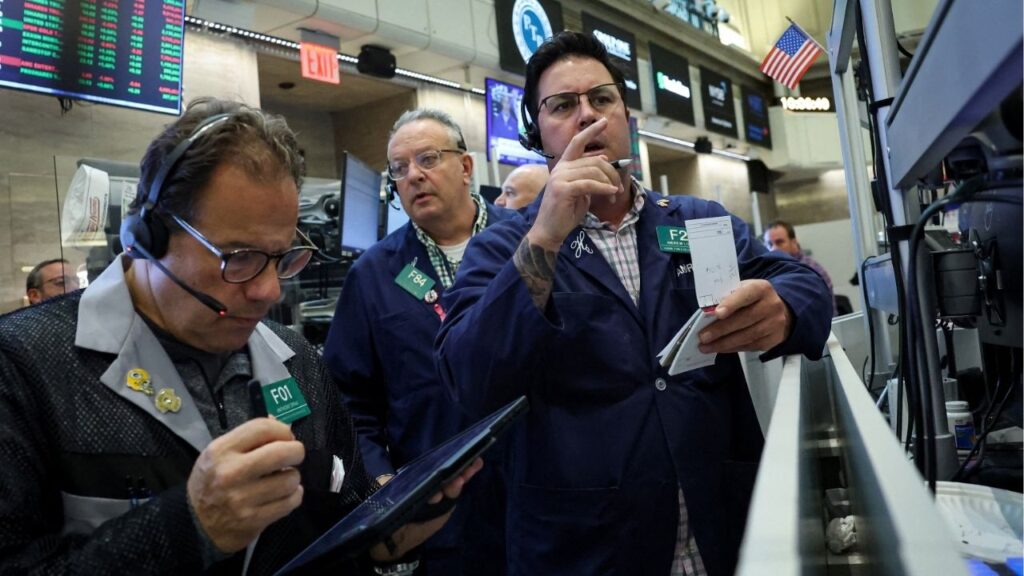X's political landscape shifts as top accounts lose audience reach, raising questions about the platform's role in upcoming elections. (Shutterstock)
Share
|
Getting your Trinity Audio player ready...
|
The social media landscape is shifting dramatically as X, formerly Twitter, sees a significant decline in political engagement, according to a Washington Post analysis. The platform, now under Elon Musk’s ownership, has witnessed a steep drop in audience reach for top political accounts across party lines.
Democrats Hit Harder as Republican Voices Gain Traction
The Post’s review of data from the 100 most active congressional accounts reveals a troubling trend for both Democrats and Republicans. However, the impact appears to be more pronounced for Democrats, with Republican voices gaining more traction on the platform.
This shift comes at a crucial time, just months before a major election, raising questions about X’s role in shaping political discourse. The platform’s diminishing influence could have far-reaching implications for how politicians connect with voters and disseminate their messages.
“The top political accounts on X have seen their audiences crumble in the months before the election,” the Post reports, highlighting the platform’s waning significance in the political arena.
Related Story: Philadelphia DA Says He Is Suing Elon Musk’s America PAC Over Its $1 ...
Musk’s Leadership and Platform Changes Under Scrutiny
Experts suggest that changes implemented under Musk’s leadership may be contributing to this trend. The platform’s algorithmic adjustments and content moderation policies have come under scrutiny, with some arguing that they favor certain political viewpoints over others.
As politicians grapple with these changes, many are exploring alternative platforms to reach their constituents. This shift could reshape the digital political landscape, potentially altering how campaigns are run and how voters receive information in the lead-up to elections.
The implications of this trend extend beyond individual politicians, potentially impacting the broader political discourse and the way Americans engage with political information online.
Read more at The Washington Post.
RELATED TOPICS:
Categories

Trump Issues MLK Day Proclamation After Criticism

Dollar Lower as Investors Reignite ‘Sell America’ Trade

President Trump’s Proposals To Address Living Costs
















